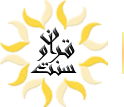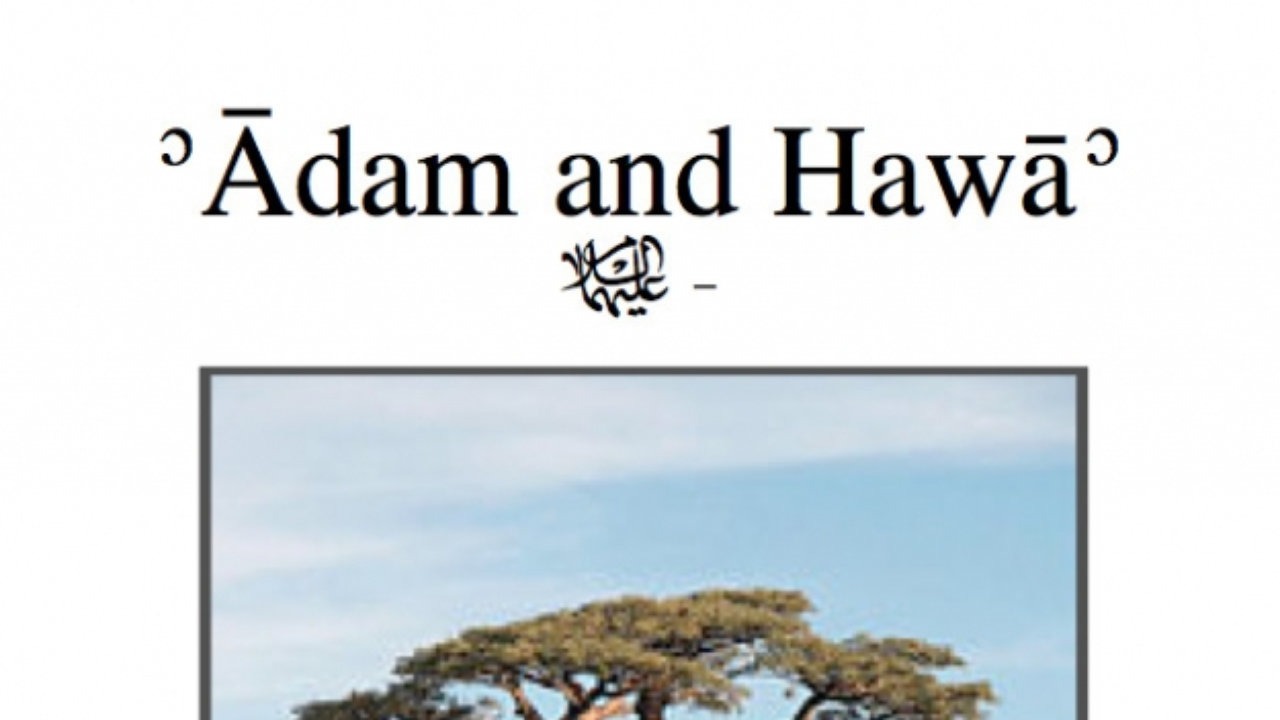Maai Hawwa
Hawwa was the first woman and the first Muslimah to be created by Allah (s.w.t).
Hawwa represents, on the one hand, womanhood and, on the other, the source of human population. In fact, her name means “the source of life”. Hawwa also has another meaning which is used to denote a reddy colour that is closer to the darker tone. There is an opinion that this could allude to her skin colour.
The name Hawwa itself is not mentioned in the Qur’an but is mentioned in hadeeth literature. For it is there that we get such information as the meaning of her name, how she was created and how many children she had.
For instance, Hawwa, according to the Qur’an, was created from Adam (see Surah an-Nisaa:1 and Surah az-Zumar:6). From Bukhari, this was further elucidated and we find that Hawwa was created from the upper rib of Adam.
Narrated Abu Huraira (r) Allah’s Apostle (s) said: “Treat women nicely, for a woman is created from a rib, and the most curved portion of the rib is its upper portion, so, if you should try to straighten it, it will break; but if you leave it as it is, it will remain crooked. So treat women nicely.” (Bukhari) This hadeeth does not literally mean that women are crooked or evil by nature. What it means is that women are delicate and should be treated gently and with care. Furthermore, it has been explained that the breakage of the rib in case one tries to straighten it, stands for divorce which is the natural results of disagreement between the wife and her husband. In the Qur’an, the story of Adam and Hawwa can be found in three places, namely Surah al-Baqara:30-39, Surah al-A’araf:11-25, and Surah Ta-Ha:116-123. As the story goes, Allah created Adam from clay and taught him the names of things, that is knowledge. Then Allah said in the Qur’an (surah Ta-Ha:116-123):
When We said to the angels, “prostrate yourselves to Adam”, they prostrated themselves, but Iblis: he refused. Then We said “O Adam! Verily this is an enemy to you and your wife: so let him not get you both out of the Garden, so that you art landed in misery. There is therein (enough provision) for you not to go hungry nor go naked. Nor to suffer from thirst, nor from the sun’s heat.
But Satan whispered evil to him. He said “O Adam! Shall I lead you to the tree of eternity and to a kingdom that never decays?” In the result, they both ate of the tree, and so their nakedness appeared to them: they began to sew together, for their covering, leaves from the Garden: Thus did Adam disobey his Lord and fell into error.
But his Lord chose him (for His Grace): He turned to him and gave him guidance. He said “Get you down both of you, all together, from the Garden, with enmity one to another: but if as is sure, there comes to you guidance from Me, whosoever follows My guidance will not lose his way nor fall into misery.
In all cultures and its religious beliefs, traces of the story of Adam and Hawwa can be found, though it has been greatly distorted. However, it is important to note that the Quranic story of Adam and Hawwa differs from the Old Testament in that :
(i) Both Adam and Hawwa were equally guilty of disobeying Allah by eating from “that” tree. “That” tree does not mean an apple tree. Only Allah knows what fruit “that” tree bears.
(ii) Allah forgave Adam’s and Hawwa’s sins before their descent to earth.
(iii) It was part of Allah’s will that Adam and Hawwa were to reside on earth. For, Allah in surah al-Baqara, ayah 30, He said that He is creating Adam as a vicegerent on earth. Furthermore, from the hadeeth we have: Abu Hurairah reported: The Apostle of Allah (s) said: ‘When Adam and Moses held a discussion, Adam won. Moses said: “You are the same Adam who set people astray and had them ousted from Heaven”. Adam asked: “Art you the same Moses whom Allah gave knowledge of all things and honoured you with Apostleship?” He replied: “Yes!” Adam said: “And yet you accused me of that which has written in my fate!” (Al-Muwatta’)
When Adam and Hawwa landed on earth they were separated. According to traditions Hawwa landed in Jeddah while Adam landed somewhere in India (some say in Sri Lanka). Then on the ninth of Zhuh Hijjah, they met at ‘Arafat. Thus, began their life together on earth till they were called back to Allah.
Hawwa gave birth twenty times and each time she had twins with the exception of her last birth, where she gave birth to only a son. In other words, she had thirty-nine children in total. The gap between each birth was two years.
http://www.muslimaccess.com/articles/index.asp



